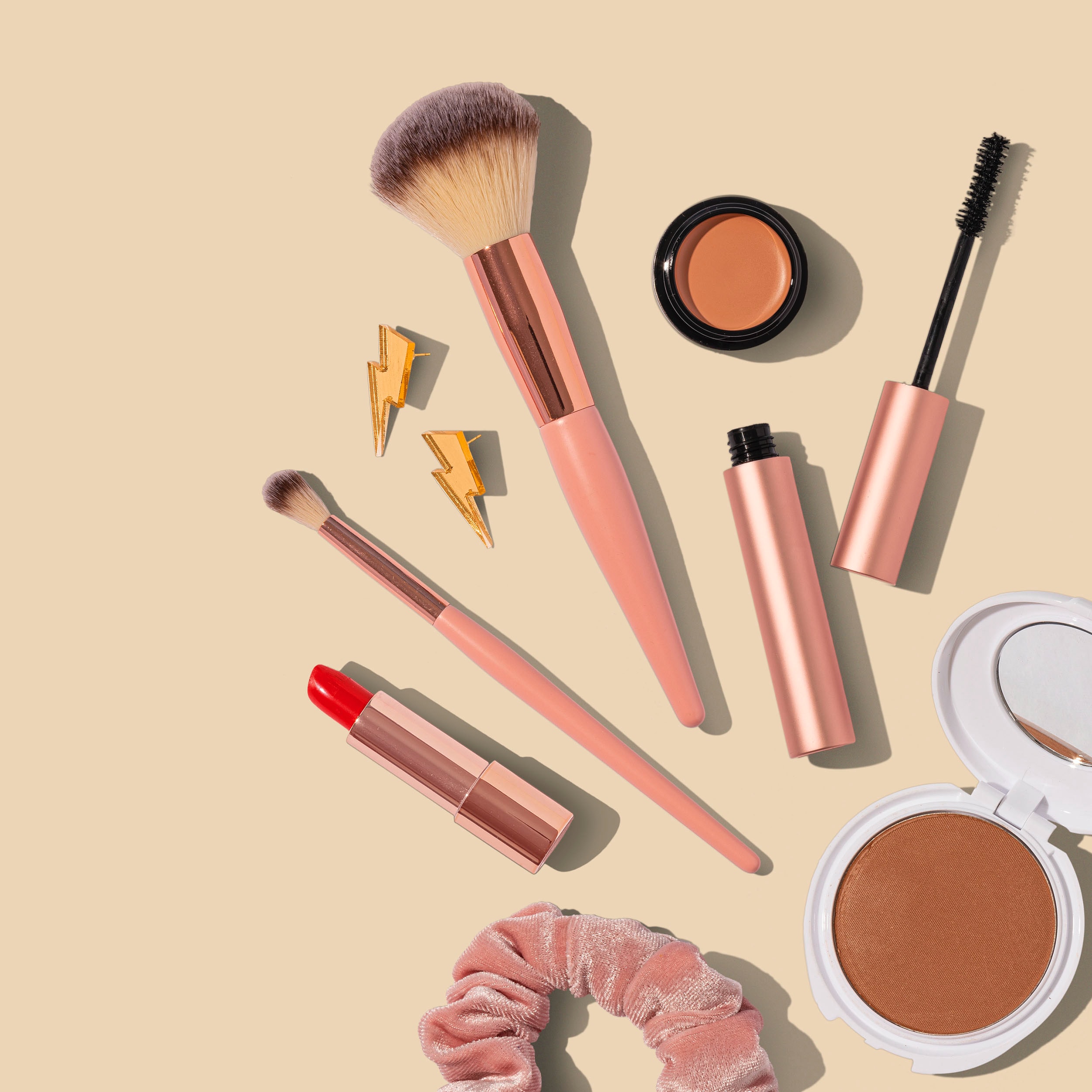
Life&Style’s Kitty Grant discusses how influencers such as Paige Louise have profited from being ‘cancelled’ on social media
There has been much discussion surrounding ‘cancel culture’ on the internet over the past few years, with public opinion generally being against it, including notable individuals like President Obama. Yet some of the ‘victims’ of cancel culture have surprisingly found a way to use their shunning to their advantage, one of these being Paige Louise- founder of the brand P. Louise.
“Cancel culture is the practice of mass boycotting and condemning of individuals or companies
Cancel culture is the practice of mass boycotting and condemning of individuals or companies whose actions internet communities disagree with. It is often criticised for its harsh punishments and savage ‘writing off’ of people. That said there are very few examples of public figures truly being blacklisted from their field, with notable exceptions including Bill Cosby and Kevin Spacey, both of whom were credibly accused of sexual assault. Nevertheless, cancel culture remains prominent on the internet, particularly in the sphere of social media influencers.
In November, makeup brand P. Louise announced the launch of their new ‘Cancelled Collection,’ declaring on their Instagram ‘P. LOUISE HAS BEEN CANCELLED.’ While the brand has claimed on their website that the collection is not directly inspired by the founder’s experience of being ‘cancelled,’ the statement that came with the launch of the collection, alludes to an incident when Paige was criticised for past mistakes.
Back in March 2019, Paige received criticism for posting a video in which she sang along to a racial slur at a Drake concert, though it was her response which drew more controversy. She attempted to justify this on the grounds that she was with her friends and boyfriend, who are black. However, though this led to several tweets in criticism of her actions, condemnation more or less remained within the Twitter community, with few articles published on the subject. This meant that the P. Louise was left relatively untarnished by the incident, and both Paige and her brand remain successful.
“The brand, and Paige herself, will be profiting off an incident that hurts the black community more than it hurt Paige
Yet P. Louise seems to be using the experience of being ‘cancelled,’ a topic that has been receiving wide media coverage recently, to sell makeup. While an undisclosed percentage of the profits from the collection will be donated to Ditch the Label, a charity that helps victims of online bullying, it appears that the brand, and Paige herself, will be profiting off an incident that hurts the black community more than it hurt Paige or her brand.
This is not, however, the first time an influencer-owned beauty brand has used the past controversies of its owner to promote a product; the first to come to mind is a palette sold by Jeffree Star Cosmetics, owned by YouTuber Jeffree Star, who in the past has also received criticism for saying racial slurs among other incidents of racism. Star collaborated with fellow YouTuber, Shane Dawson, who himself faced criticism for, you guessed it, saying racial slurs, as well as wearing blackface, and making jokes about bestiality and pedophilia. Together they named one of their palettes ‘The Mini Controversy.’
“The beauty world is clearly more willing to welcome those with a history of anti-blackness than black creators themselves
This again highlights how influencers are able to profit off past mistakes, showing a clear lack of remorse by making light of such serious accusations. A running theme throughout these controversies is that the black community is always targeted, highlighting another problem in the beauty influencer space. While it is common for influencers to release products, often in collaboration with established brands, there is a notable lack of collections coming from Black influencers. There are some examples, such as Jackie Aina’s collaboration with Anastasia Beverly Hills, but the beauty world is clearly more willing to welcome those with a history of anti-blackness than black creators themselves.
Jeffree Star, Shane Dawson, and Paige have all apologised for their actions in some form, but it is hard to trust that they are truly remorseful while they continue to build a brand and profit from their past mistakes.
Liked this article? Check out more on social media from Life&Style:
PrettyLittleThing Pink Friday: Pretty Unethical?

Comments